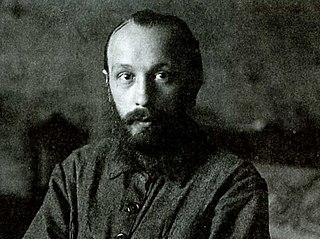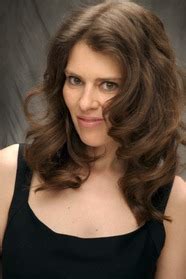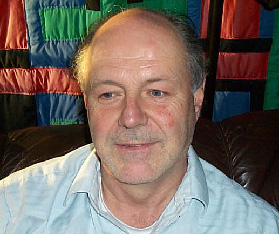A Quote by George Orwell
It is difficult for a statesman who still has a political future to reveal everything that he knows: and in a profession in which one is a baby at 50 and middle-aged at seventy-five, it is natural that anyone who has not actually been disgraced should feel that he still has a future.
Related Quotes
Seventy-five years. That's how much time you get if you're lucky. Seventy-five years. Seventy-five winters, seventy-five springtimes, seventy-five summers, and seventy-five autumns. When you look at it like that, it's not a lot of time, is it? Don't waste them. Get your head out of the rat race and forget about the superficial things that pre-occupy your existence and get back to what's important now.
...our societies appear to be intent on immediate consumption rather than on investment for the future. We are piling up enormous debts and exploiting the natural environment in a manner which suggests that we have no real sense of any worthwhile future. Just as a society which believes in the future saves in the present in order to invest in the future, so a society without belief spends everything now and piles up debts for future generations to settle. "Spend now and someone else will pay later."
A baby was a fact. It was a being with a mind and a nature, and you could feel about it any way you liked, but a baby wouldn't care. Just by existing, it demanded that you believe in a future: the future it would crawl in, walk in, live in. A baby was a piece of time; it was a promise you made that the world made back to you.
But the indeterminate future is somehow one in which probability and statistics are the dominant modality for making sense of the world. Bell curves and random walks define what the future is going to look like. The standard pedagogical argument is that high schools should get rid of calculus and replace it with statistics, which is really important and actually useful. There has been a powerful shift toward the idea that statistical ways of thinking are going to drive the future.
The catharsis that finalizes Dostoevsky's novels might be - of course inadequately and somewhat rationalistically - expressed in this way: nothing conclusive has yet taken place in the world, the ultimate word of the world and about the world has not yet been spoken, the world is open and free, everything is still in the future and will always be in the future
I also believe - and hope - that politics and economics will cease to be as important in the future as they have been in the past; the time will come when most of our present controversies on these matters will seem as trivial, or as meaningless, as the theological debates in which the keenest minds of the Middle Ages dissipated their energies. Politics and economics are concerned with power and wealth, neither of which should be the primary, still less the exclusive, concern of full-grown men.
I love being middle-aged in general. I'm more at peace with myself now. I still have tormented times, but they are few and far between. You don't feel you have to be the centre of your world when you get older. Becoming a mother had been a turning point which stopped me from being the centre of my world.
It was like sawdust, the unhappiness: it infiltrated everything, everything was a problem, everything made her cry - school, homework, boyfriends, the future, the lack of future, the uncertainty of future, fear of future, fear in general - but it was so hard to say exactly what the problem was in the first place.
It is my feeling that as we grow older we should become not less radical but more so. I do not, of course, mean this in any political-party sense, but rather in a willingness to struggle for those things in which we passionately believe. Social activism and the struggle for social justice are often thought of as the natural activities of the young but not of the middle-aged or the elderly. In fact, I don't think this was ever true.







































